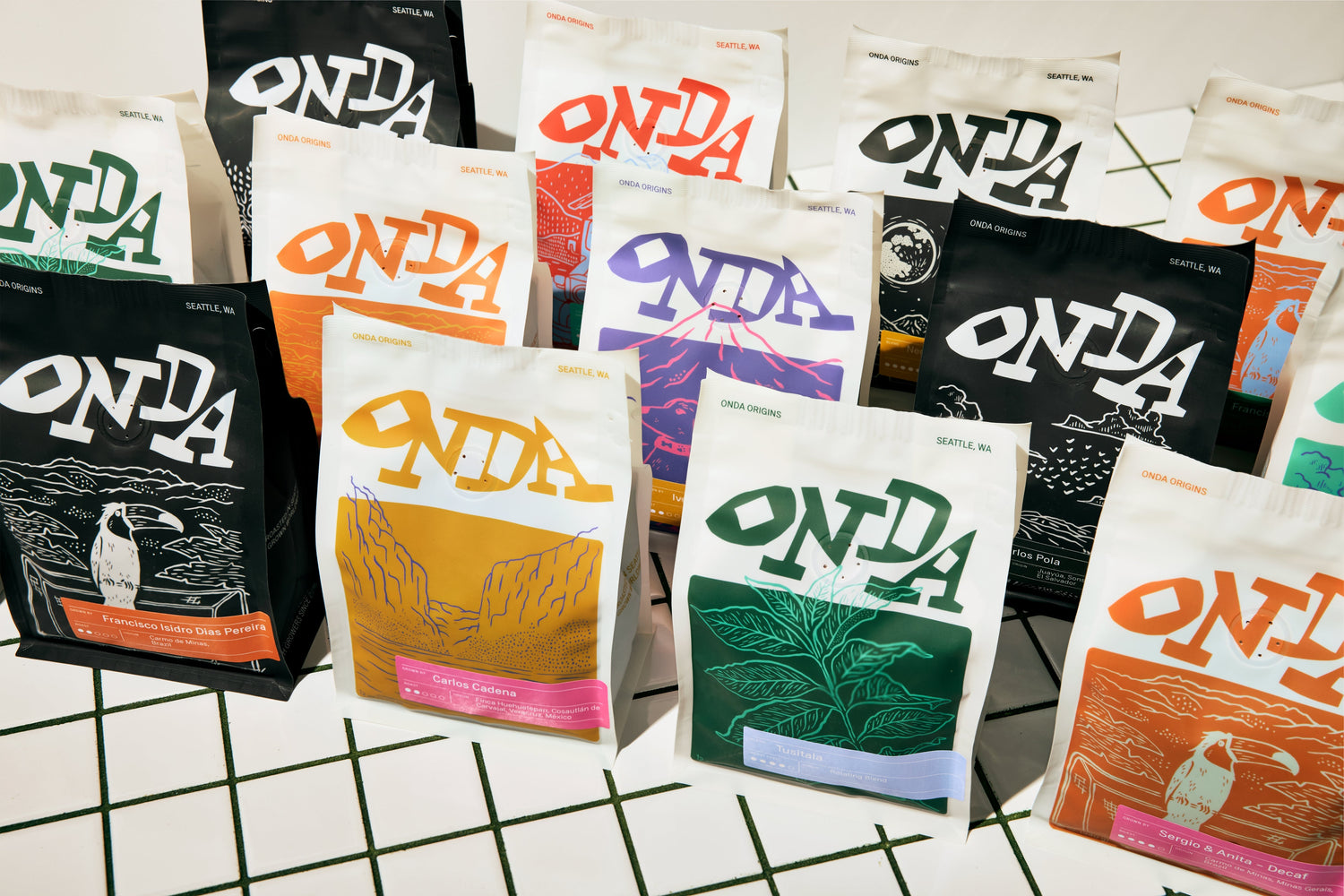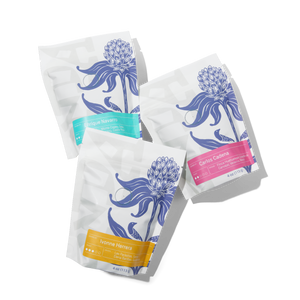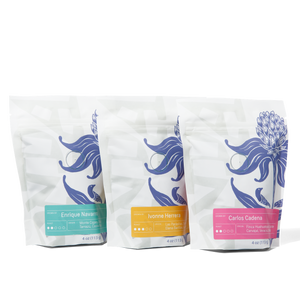Behind the Sticker: Who Grew My Coffee?
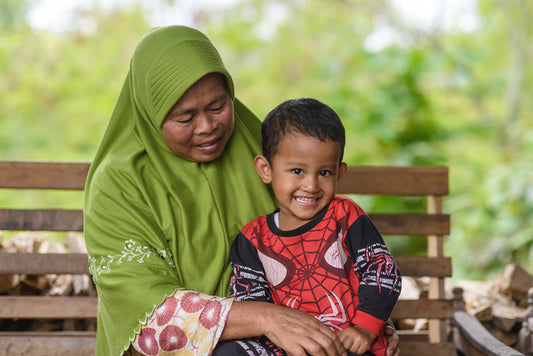
Behind the Sticker: Indonesia / Burni Telong Co...
Can you introduce yourself? My name is Tarmani. I'm not even 50 yet. What is coffee to you? For household needs. For us to eat. Sometimes there are events, like...
Behind the Sticker: Indonesia / Burni Telong Co...
Can you introduce yourself? My name is Tarmani. I'm not even 50 yet. What is coffee to you? For household needs. For us to eat. Sometimes there are events, like...
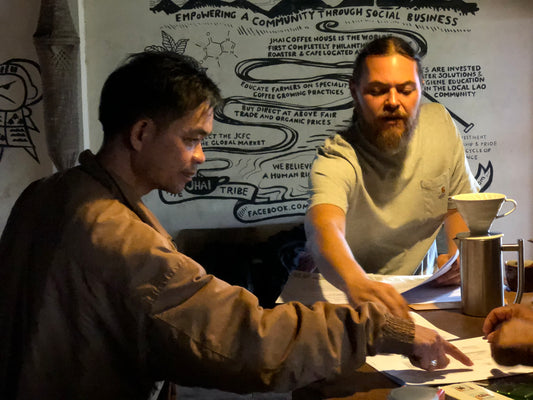
Increased Wages and Healthy Practices Inside a ...
Michael Wood works with Jhai Cooperative of coffee farmers in Laos, which includes the Setapoung families. We jumped on a call with him to hear more about the history of this...
Increased Wages and Healthy Practices Inside a ...
Michael Wood works with Jhai Cooperative of coffee farmers in Laos, which includes the Setapoung families. We jumped on a call with him to hear more about the history of this...
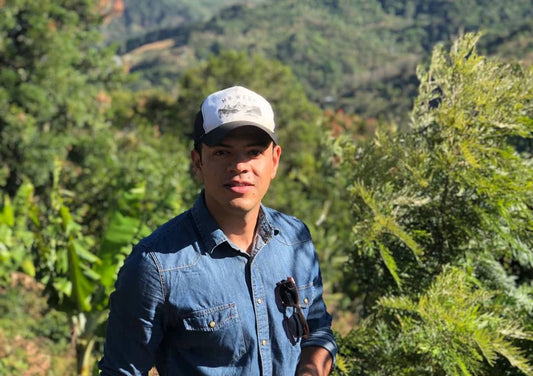
Behind the Sticker: Costa Rican Coffee Farmer E...
Enrique Navarro Jr., a longtime friend of Onda and the farmer behind our Costa Rican single-origins, is a success story of specialty coffee. He fell in love with coffee early...
Behind the Sticker: Costa Rican Coffee Farmer E...
Enrique Navarro Jr., a longtime friend of Onda and the farmer behind our Costa Rican single-origins, is a success story of specialty coffee. He fell in love with coffee early...
Supporting Disaster Recovery in Guatemala
For each bag of our Guatemalan coffee that you buy this month, we will donate $1 to Guatemala's recovery from the massive volcano eruption (Volcan de Fuego) that buried a village and affected...
Supporting Disaster Recovery in Guatemala
For each bag of our Guatemalan coffee that you buy this month, we will donate $1 to Guatemala's recovery from the massive volcano eruption (Volcan de Fuego) that buried a village and affected...
